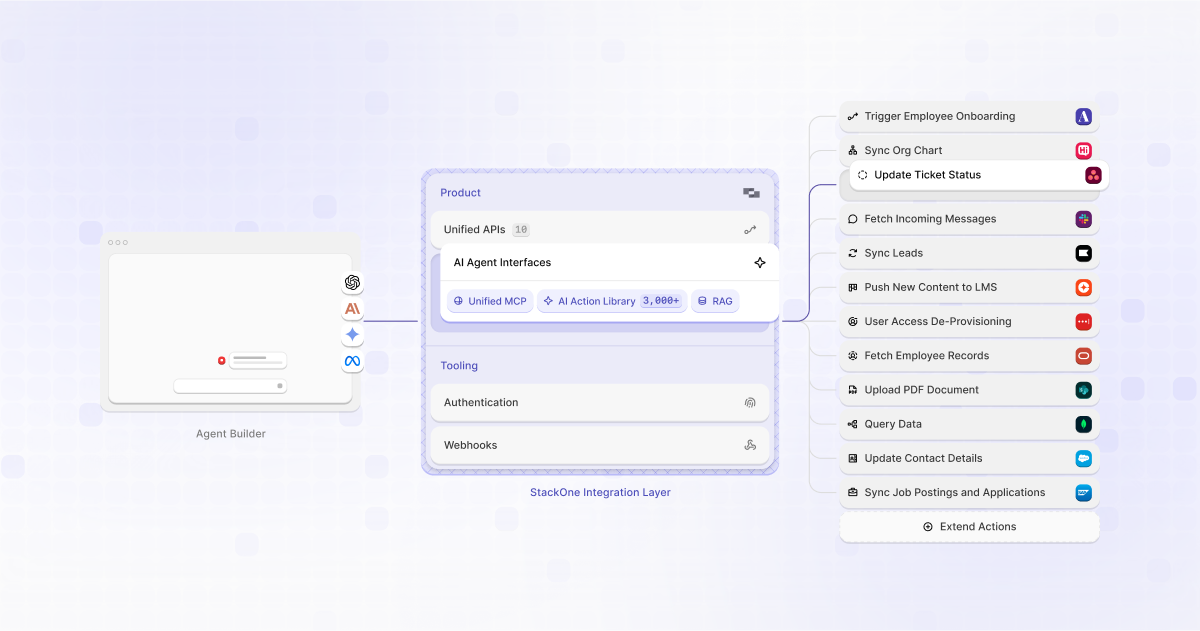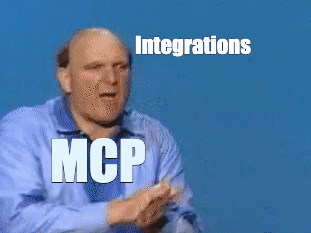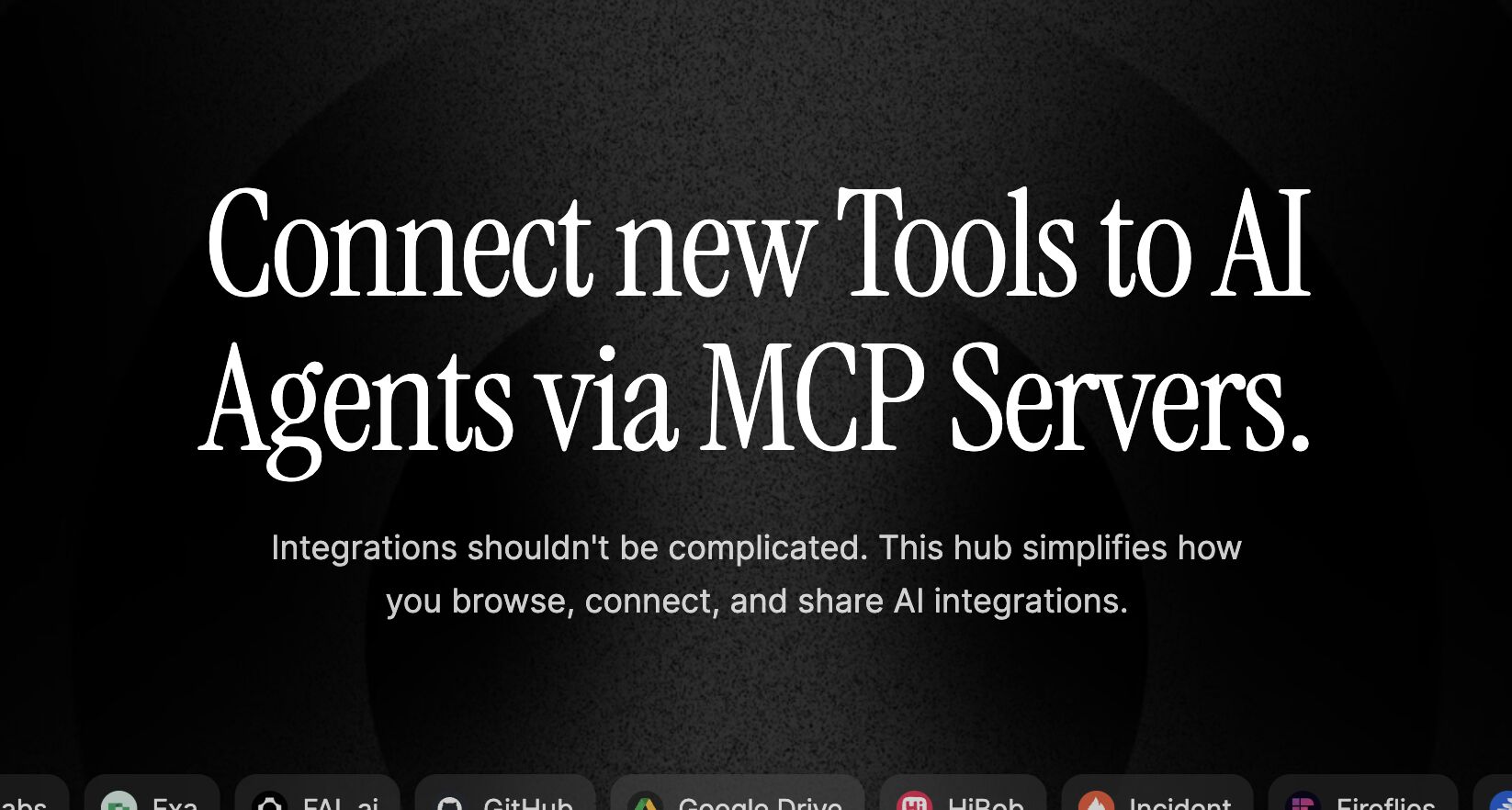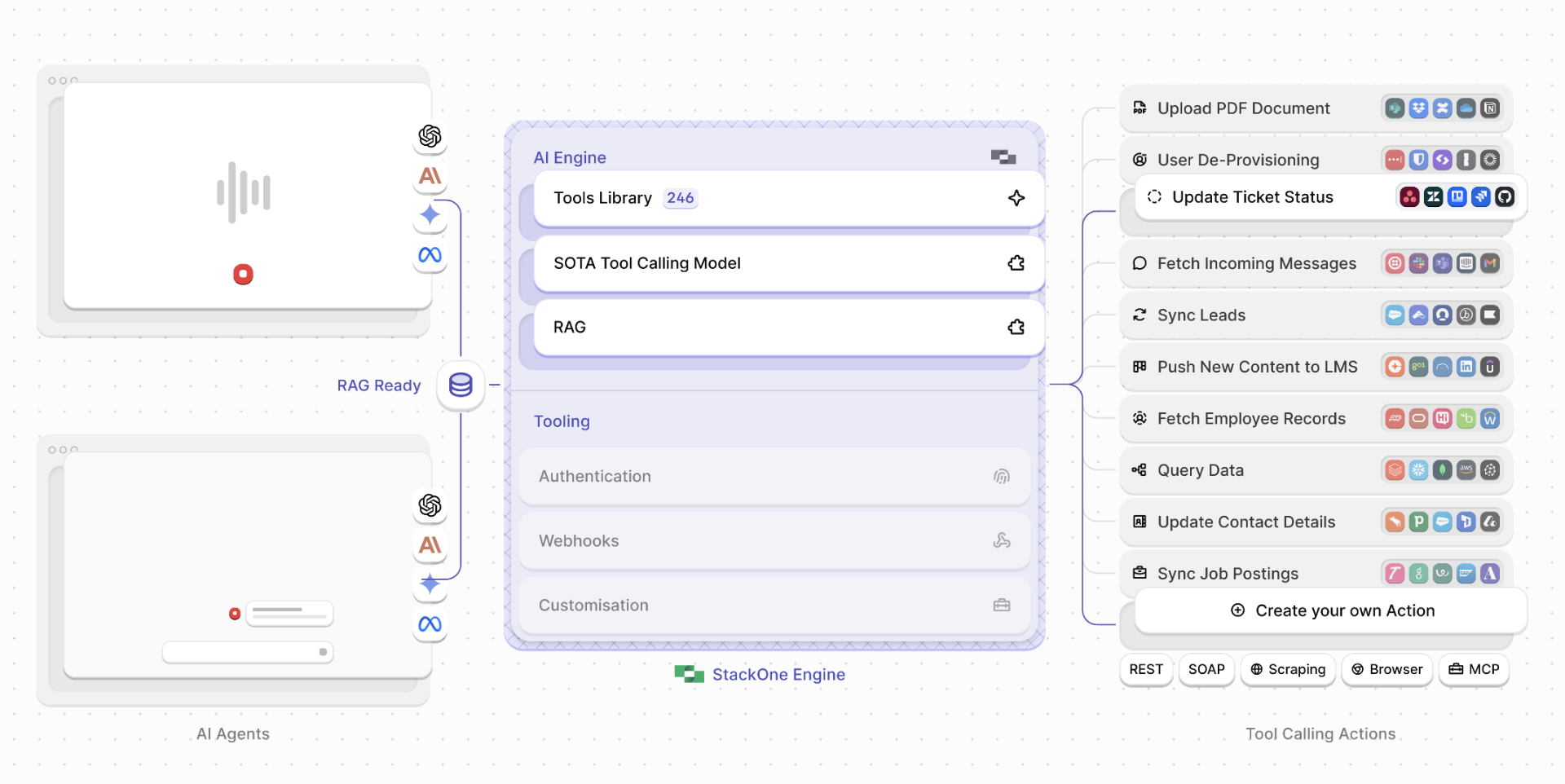


At Cloudflare Connect 2025 in London, I spoke about how StackOne is evolving to empower the next generation of AI agents in the enterprise. What started as a mission to solve the chronic pain of B2B SaaS integrations has transformed into something much bigger: we're building the infrastructure to create AI agents that can actually do things in the real world.
The IMF projects AI will boost global GDP by 0.5% annually from 2025-2030, and we're witnessing our customers embrace this transformation in real time. Enterprise spending on generative AI surged sixfold in 2024 to nearly $14 billion with 62% of organisations projecting AI agent ROI to exceed 100%, with average returns of 171%. However, here's the challenge: despite the latest AI models like Claude 4.1 and GPT-5 becoming remarkably intelligent, they remain trapped in glass boxes, unable to interact effectively with the majority of enterprise software.
StackOne makes AI agents perform "actions" reliably, bridging the gap between intelligent systems and the thousands of B2B SaaS applications that run modern businesses.

StackOne was started to solve a fundamental problem: companies need to connect with hundreds of disparate APIs for functions like HR, compliance, and CRM. Each integration traditionally required custom code, unique authentication flows, and constant maintenance. It was an N×M problem that was eating up engineering resources across the industry.
Our solution was a unified API layer, offering pre-mapped integrations to over 250 SaaS platforms through a common data schema. Whether you're pulling employee data from Workday, SAP, or BambooHR, you get the same clean, structured response.
From day one, we leveraged AI internally to accelerate our integration-building capabilities. By developing a sophisticated RAG (Retrieval Augmented Generation) system that scrapes, chunks, and indexes API documentation, our internal "StackChat" tool allows engineers to quickly query and understand various APIs. The result? We build 70-90 integrations per quarter - far outpacing competitors many times our size.

As 2024 progressed, we noticed something interesting: more and more teams were using StackOne's Unified APIs to build AI agents - HR teammates, virtual recruiters, personal assistants, and beyond. This surge in agentic applications was exciting, but it also exposed critical challenges that traditional APIs weren't designed to handle.
One of the biggest revelations was how poorly suited traditional OpenAPI specifications are for AI agents. As we spoke about in our ToolSet announcement post, retrieving basic employee data from Workday's native API requires approximately 17,000 tokens - far exceeding the practical reasoning limits of most models. In contrast, our unified employee object delivers the same information in just 600 tokens.
To put it bluntly: "Context window is a scam." Even models claiming 2 million token context windows struggle with coherent reasoning way before that threshold.
Managing authentication across multiple services for an AI agent is another significant burden. OAuth flows, token refreshes, API key management - these complexities multiply when you're trying to give an agent access to a customer's entire SaaS stack.
Traditional SDKs and APIs weren't designed for AI agents, forcing engineers to either hard-code API calls into tools, hack together custom OpenAPI-to-tool converters or rely on nascent MCP servers.
Recognising these challenges, we've evolved StackOne to become the "integration layer enabling Agentic B2B SaaS." Our strategy is simple: support developers wherever they are in their AI agent journey, with whatever tools they prefer.
We released the StackOne ToolSet as our answer to the agent integration challenge. It's an open-source SDK tailor-made for AI agent development, available in both TypeScript and Python. Key features include:
Not every use case requires AI-specific tooling. Our comprehensive SDKs in multiple languages, along with our REST API, give developers full control when building more traditional integrations or when they need to implement custom logic around agent interactions.
When Anthropic announced MCP in November 2024, our first reaction was existential: "Is our company dead?" We quickly realised that "MCP is just another standard" - and one we're uniquely positioned to support.
Our engineers are early adopters of MCP for personal productivity. We identified an opportunity to extend MCP's usefulness to the company level. Similar to our approach with StackChat, we've been dogfooding a platform internally that enables employees to create, share, and customise AI integrations (powered by MCP). This platform, called Disco, will be discussed in more detail very soon.

The impact of our exploratory approach is already visible. During the conference demo at Cloudflare Connect, I showed an AI chat agent performing a complete onboarding flow: retrieving applicant data from Greenhouse, identifying the latest hire, and creating a new employee record in Workday - all orchestrated through our ToolSet SDK. This kind of cross-system automation that would have taken days to manually orchestrate can now be implemented with agents + tools in a matter of minutes.
Our roadmap is ambitious:

AI agents are dominating the conversation. These agents need to interact with the same tools humans use - Salesforce for CRM, Workday for HR, Slack for communication, Jira for project management. That's thousands of different systems, each with their own APIs, authentication methods, and data formats.
By providing a unified layer that abstracts away this complexity, we're not just making developers' lives easier - we're accelerating the entire AI agent ecosystem. Whether you're a startup building the next generation of AI assistants or an enterprise looking to augment your workforce with intelligent automation, StackOne provides the critical infrastructure you need.
As we continue to evolve from an integration platform to the essential infrastructure for B2B AI agents, we're looking for talented individuals to join our mission. We're hiring across the board for AI Engineers (including what might be the world's first dedicated MCP Engineer role!) and other talent.
Link to recording: https://www.youtube.com/watch?v=xttDaO0pgl4